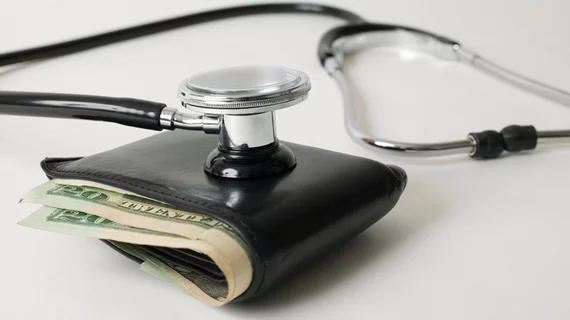1 in 3 defer healthcare due to cost
Far too many patients are deferring healthcare services due to outstanding medical bills.
That’s according to TransUnion, which found 35% of patients are delaying care due to medical bills in 2021. TransUnions’ healthcare analytics unit found that financial assistance transactions are up 55% between September 2020 and September 2021. TransUnion Healthcare conducts these transactions to assess a patient’s ability to pay and determine charity options.
This huge rise in financial assistance needs has led hospitals to proactively work with patients to understand their financial needs and offer options. Since 2018, TransUnion has seen a 270% increase in financial assistance transactions, underscoring the rising cost of care in the U.S.
Healthcare providers were slammed during the early days of the COVID-19 pandemic, when they temporarily paused in-person care for routine procedures and services. Patients were also hit hard, likely influencing the rise in financial assistance.
However, hospital billing practices are also to blame for the increase in financial assistance. A whopping 70% of patients said knowing the costs of procedures ahead of time can help them anticipate charges and budget for payments. Another 65% said they would make at least partial payments if advance estimates were offered.
“This data reflect the increased financial pressure on healthcare systems as well as patients who are struggling with the burden of high healthcare costs,” Jonathan Wiik, principal of healthcare strategy at TransUnion Healthcare, said in the report. “We are recommending that hospitals engage patients confidently and increase transparency and communication in regard to billing, beginning with providing patients a clear understanding of the cost of care at intake, and then streamlining financial clearance and charity screening throughout the revenue cycle.”
By deferring healthcare services, patients are putting themselves at higher risk, and hospitals are likely to see higher acuity patients down the line.
“It’s scary and sad to know people are forgoing their physical and mental health for fear that they’ll ruin their financial health with medical treatment,” said Wiik. “By communicating with patients early on, helping them understand their cost of care and their payment options—including financial assistance—healthcare systems can improve outcomes for patients as well as the hospital’s bottom line.”

